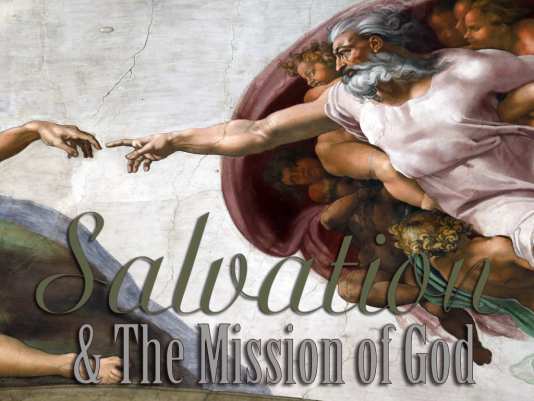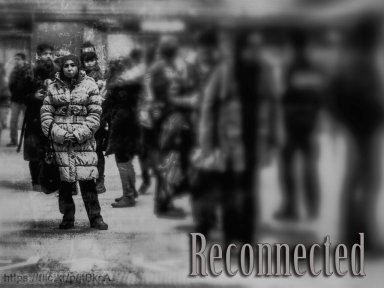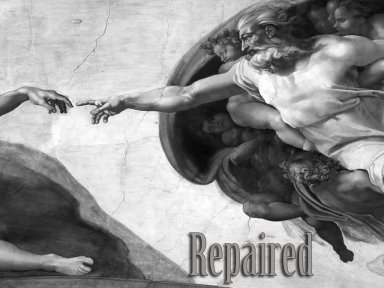Contact us via Facebook Messenger

Salvation & The Mission of God
This series seeks to feed and expand our anemic understanding of salvation. While there are personal and individual connotations to God?s activity in our lives, ultimately, God?s work of salvation is one that has relational and global implications. As we seek to be God?s missional partner, it is beneficial for us to be informed about salvation. Additionally, let?s seek to broaden our experience with God by embracing this fuller view of salvation.
Sermons in this series
 Salvation & The Mission of God
Salvation & The Mission of GodReinvested

by Dion Frasier
Preaching
Are we prepared to stand in the midst of the ashes and see the beauty of the Lord arise? God, out of his covenant relationship with us, is reinvesting us in our neighborhood to restore, reconcile and renew. Let's get to work!
Listen now
 Salvation & The Mission of God
Salvation & The Mission of GodReclaimed

by Dion Frasier
Preaching
The language of "new" is deeply embedded in the book of Revelation. While there is much about the book that is confusing, misunderstood and debated, this fundamental truth remains: That God enacted his mission of salvation to reclaim his creation, and in doing so He will make everything new!
Listen now
 Salvation & The Mission of God
Salvation & The Mission of GodReframed

by Dion Frasier
Preaching
In this sermon we consider the magnitude of implications regarding salvation and conversion. As converted beings, into the image of God, our allegiances (political, social, temperament, etc.) are transferred to an orientation where God enacts transformation. It is within this realm that we, as mission partners with God, live and serve with him in the effort to change the world.
Video courtesy of YouTube.
Listen now
 Salvation & The Mission of God
Salvation & The Mission of GodReconnected

by Dion Frasier
Preaching
While looking through some of the narratives in the Gospel of Luke, it appears that a primary impetus behind the encounters Jesus had with people was a desire to reconnect them with their communities. Many of the people Jesus encountered had to live in isolation because of their sickness or circumstance. In this sermon, we probe the idea that salvation seeks to established those who are broken in a community.
Listen now
 Salvation & The Mission of God
Salvation & The Mission of GodRepaired

by Dion Frasier
Preaching
We live in a broken world filled with broken lives. Brokenness breeds more brokenness. Yet God has declared that he desires to fix or repair what has been broken. At the top of his ?fix? list is the relationship he has with men and women.
Listen now
Contact us via Facebook Messenger